Let’s cut through the noise about Alibaba’s safety. Having spent years helping ecommerce brands navigate the murky waters of overseas sourcing, I’ve seen it all – from spectacular successes to costly mishaps that could’ve been avoided with the right knowledge.

The reality? Alibaba isn’t the Wild West of ecommerce that some make it out to be, nor is it the perfectly secure marketplace others claim. It’s more like… well, imagine a massive trade show where you’ve got legitimate manufacturers right next to clever imposters, and your job is to figure out who’s who.
Is Alibaba Safe? Understanding the Platform’s True Nature
First things first – Alibaba is a legitimate, NYSE-listed company worth billions. But here’s where people get confused: Alibaba itself doesn’t sell anything. They’re more like Match.com for businesses and suppliers, mostly based in China and other Asian manufacturing hubs.
Think of Alibaba as the world’s biggest B2B dating app. Just like you wouldn’t send your life savings to someone you just matched with on Tinder, you shouldn’t wire thousands to a supplier you just found on Alibaba without doing your homework first.
The Alibaba Ecosystem: More Than Meets the Eye
Here’s something most guides won’t tell you: Alibaba.com is just one piece of a massive ecosystem. You’ve got AliExpress for smaller orders, Taobao for domestic Chinese retail, and several other platforms. Each serves a different purpose and comes with its own set of risks and rewards.
I’ve seen too many dropshippers lose money because they didn’t understand this distinction. They treated Alibaba like AliExpress, expecting to order single items when Alibaba is really built for bulk business orders.
Safety Framework: How Alibaba Protects Buyers
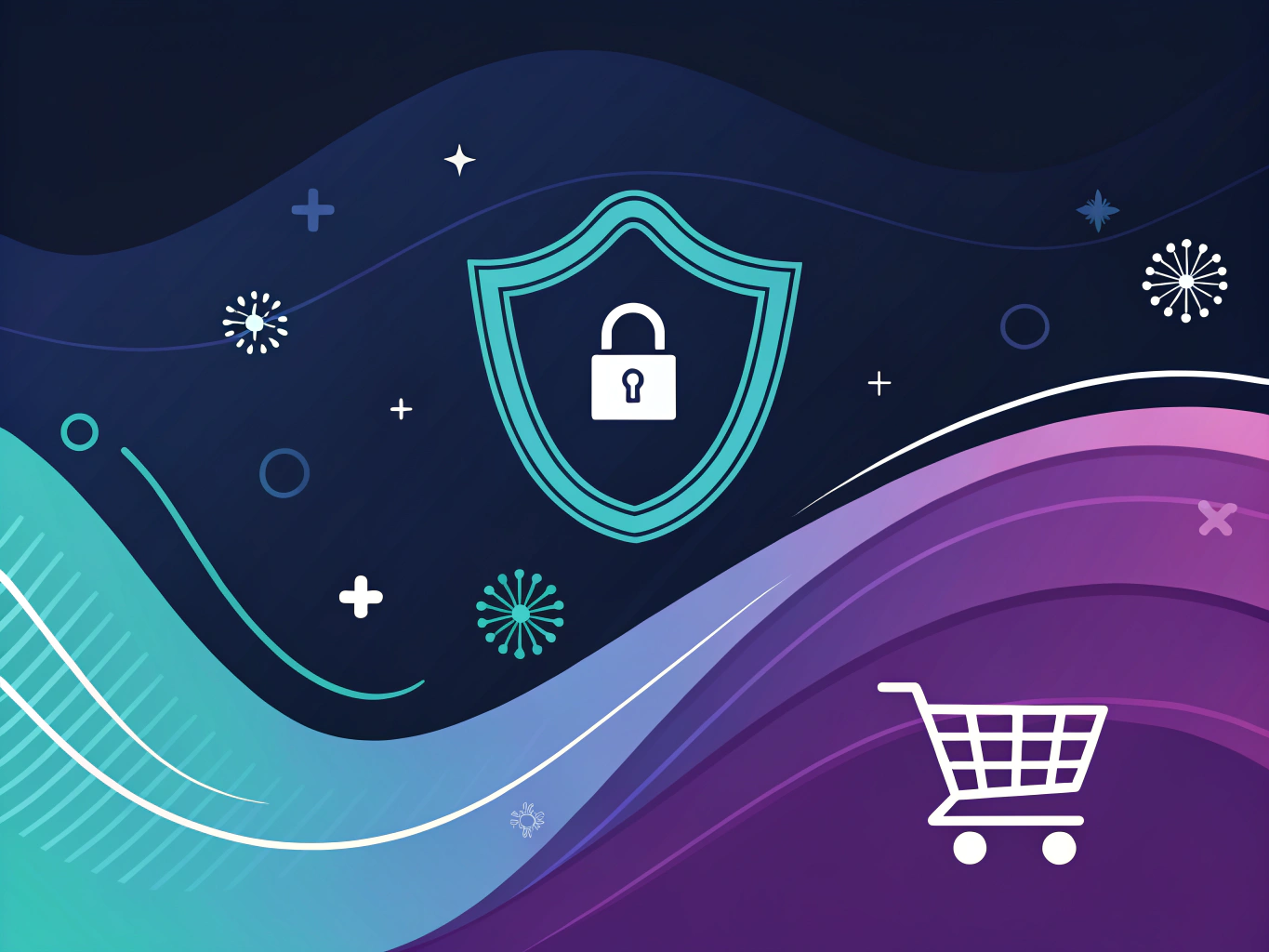
Remember that intern analogy I love using for AI? Well, Alibaba’s safety system is like having a really diligent security guard – helpful, but not infallible. They’ve built several layers of protection, but you need to know how to use them.
Platform Security Infrastructure
- SSL encryption for all transactions
- Real-time fraud monitoring systems
- Verified supplier badges and ratings
- Trade Assurance program (more on this in a minute)
But here’s what really matters: Alibaba has invested heavily in AI-powered fraud detection. Their systems analyze patterns across millions of transactions to flag suspicious activity before it impacts buyers.
Trade Assurance: Your Safety Net (Kind Of)
Trade Assurance is Alibaba’s primary buyer protection program, but it’s not the bulletproof vest some people think it is. I’ve seen cases where buyers thought they were 100% protected, only to discover they missed some crucial fine print.
Here’s what Trade Assurance actually covers:
- Product quality deviations from agreed specifications
- Shipping delays beyond the contract terms
- Payment security through Alibaba’s secure payment platform
Evaluating Supplier Safety: The Real Risk Factor
Let’s get real – your biggest risk on Alibaba isn’t the platform itself; it’s choosing the wrong supplier. I’ve helped hundreds of brands source products, and I can tell you that supplier verification is where the rubber meets the road.
Verification Levels: What They Actually Mean
Alibaba has different supplier verification levels, but they’re not as straightforward as you might think. A Gold Supplier status just means the supplier paid for a premium membership – it’s not a guarantee of quality or reliability.
Here’s what actually matters when evaluating suppliers:
- Years in business on Alibaba
- Transaction history (especially with your region)
- Response rate and communication quality
- Factory audit reports (if available)
- Third-party verification status
The Real-World Verification Process
I always tell my clients: trust but verify. Here’s my tried-and-tested approach to supplier verification:
- Request video calls to tour the facility
- Ask for existing client references (and actually contact them)
- Order samples before committing to bulk orders
- Check business licenses and certifications
- Use Google Earth to verify factory addresses
Payment Security: Where Most People Get It Wrong
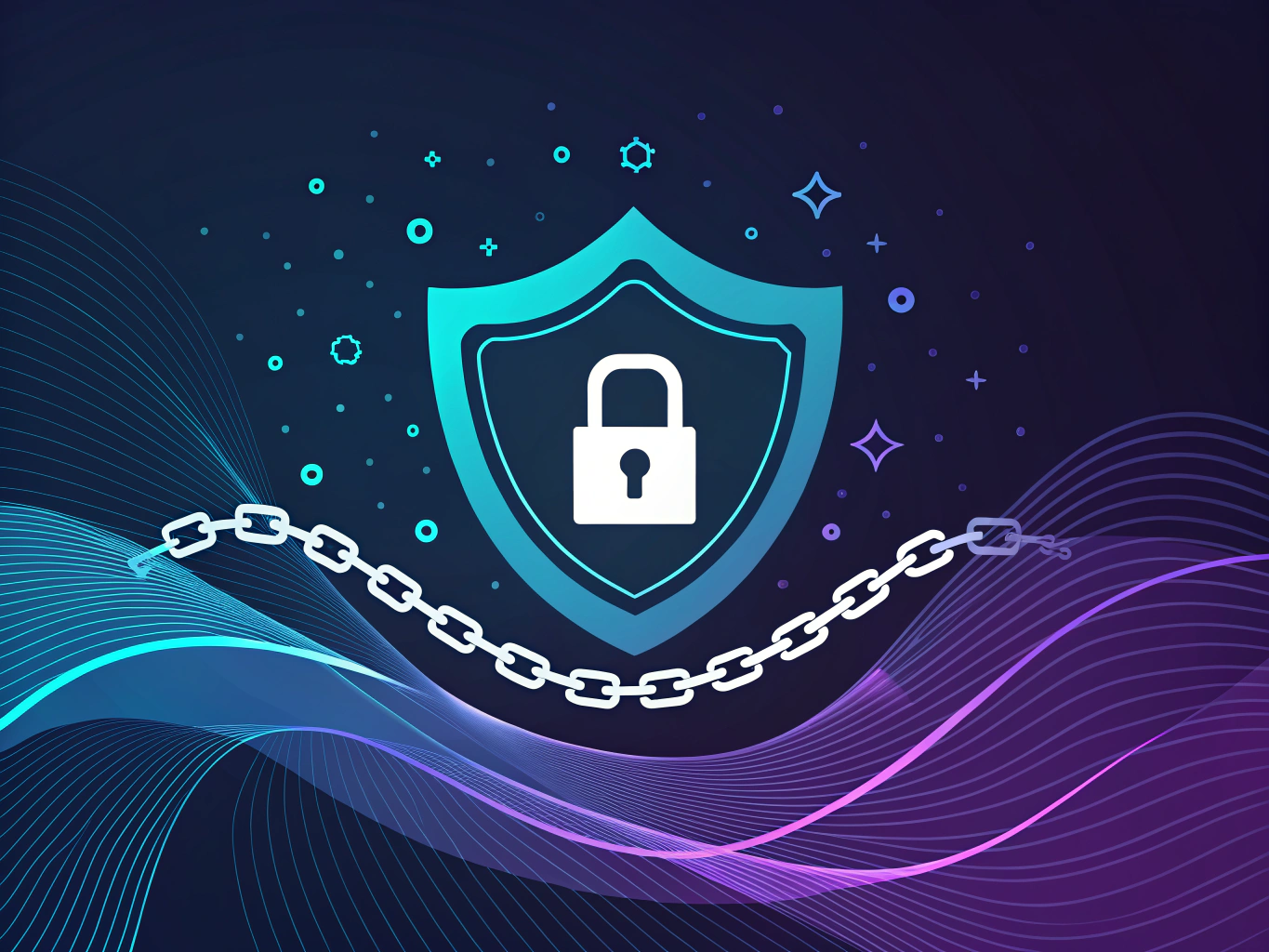
Payment security on Alibaba is like a game of chess – one wrong move can cost you everything. I’ve seen too many horror stories of businesses losing thousands because they chose the wrong payment method.
Safe Payment Methods
Let’s break down your payment options from safest to riskiest:
- Trade Assurance with credit card (safest)
- PayPal (when available)
- Letter of Credit (for large orders)
- Bank transfer (riskiest)
Here’s a pro tip most people miss: even if a supplier offers a discount for wire transfers, stick with Trade Assurance. That 5% savings isn’t worth the risk of losing your entire investment.
Red Flags in Payment Requests
Watch out for these warning signs:
- Requests to pay outside Alibaba’s platform
- Pressure to use specific payment methods
- Unusually low prices combined with requests for wire transfers
- Reluctance to use Trade Assurance
Remember: legitimate suppliers will usually be flexible with payment methods and won’t pressure you into risky payment options.
Product Quality Control: The Missing Link
Here’s where most Alibaba guides drop the ball – they focus so much on avoiding scams that they forget about quality control. But in my experience, receiving poor-quality products is a much more common problem than outright fraud.
Quality Control Essentials
Your quality control strategy should include:
- Detailed product specifications in writing
- Pre-production samples approval
- During-production inspections
- Pre-shipment quality checks
I always tell brands: the money you spend on quality control is an investment, not an expense. One bad batch of products can cost you way more in lost customers and damaged reputation. For those interested in enhancing product visuals, consider using our Image to Videos tool for dynamic content.
Safety Framework and Security Measures
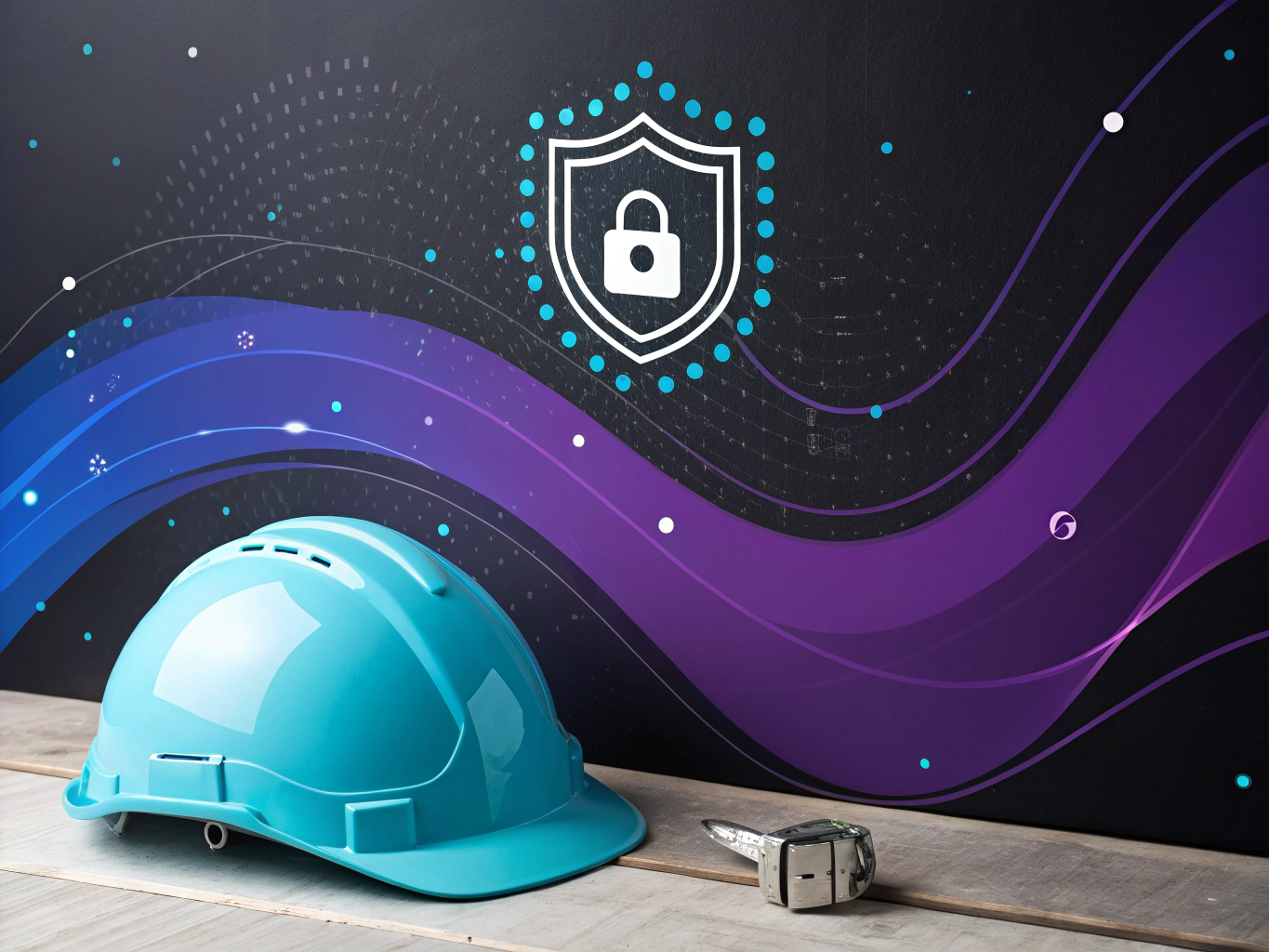
Let’s get real about Alibaba’s safety measures – because if you’re like most ecommerce entrepreneurs I talk to, you’re probably wondering if this massive B2B platform is actually legit or just a sophisticated way to separate you from your hard-earned cash.
Think of Alibaba’s security framework like a medieval castle’s defense system (yes, I’m a history nerd too). You’ve got multiple layers of protection, each designed to catch different types of threats. And just like any good castle, the strength of these defenses can make the difference between a successful reign and, well, total disaster.
Platform Security Infrastructure
At its core, Alibaba’s security infrastructure is built on what I call the three pillars of digital fort knox: data protection, payment security, and fraud prevention. They’ve invested billions in these systems – not because they’re particularly generous, but because trust is literally their business model.
The platform uses bank-grade encryption for all sensitive data transmissions. That means your business details and transaction data are about as secure as your online banking (which, let’s be honest, you trust enough to store your life savings). Their payment systems are PCI DSS compliant – that’s the same standard used by major credit card companies.
But here’s where it gets interesting: Alibaba’s fraud detection system uses AI to analyze patterns across millions of transactions. It’s like having thousands of security guards watching every transaction in real-time, except these guards never need coffee breaks and can spot patterns humans might miss.
Buyer Protection Programs
Now, let’s talk about Trade Assurance – Alibaba’s flagship buyer protection program. Think of it as your insurance policy against supplier mishaps. But like any insurance policy, you need to read the fine print.
Here’s what Trade Assurance actually covers:
– Product quality deviations from agreed specifications
– Shipping delays beyond the agreed timeline
– Payment security for verified transactions
But here’s what most people don’t realize: Trade Assurance isn’t automatic. You need to specifically order through this program and follow their documentation requirements to the letter. I’ve seen too many entrepreneurs learn this the hard way.
Evaluating Supplier Safety
This is where the rubber meets the road. Is Alibaba safe? The platform can be, but your specific experience will largely depend on your supplier choice. It’s like dating apps – the platform might be legitimate, but you still need to choose your matches carefully.
Verification Levels and Their Meaning
Alibaba uses a tiered verification system that, frankly, can be a bit confusing. Let me break it down in plain English:
Gold Supplier status isn’t just about paying a premium membership fee (though that’s part of it). These suppliers undergo third-party verification of their business licenses and physical locations. Think of it as the “verified” blue checkmark of the B2B world – it means something, but it’s not everything.
The real gold standard is the combination of:
– Verified Supplier status
– On-site verification
– Trade Assurance participation
– High transaction history
– Positive review metrics
Risk Assessment Tools
Alibaba provides several tools for supplier assessment, but they’re only useful if you know how to interpret them. The Business Performance section of supplier profiles is like a credit score for manufacturers – it gives you metrics on their transaction history, response rates, and delivery reliability.
But here’s a pro tip most people miss: look at the consistency of their transaction history. A supplier with steady, moderate-volume transactions over several years is often safer than one with sporadic huge orders. It’s like choosing between a restaurant that’s consistently busy versus one that’s occasionally packed but often empty. Enhance your experience with our Voice of Customer Analysis tool for deeper insights.
Practical Safety Measures for Buyers
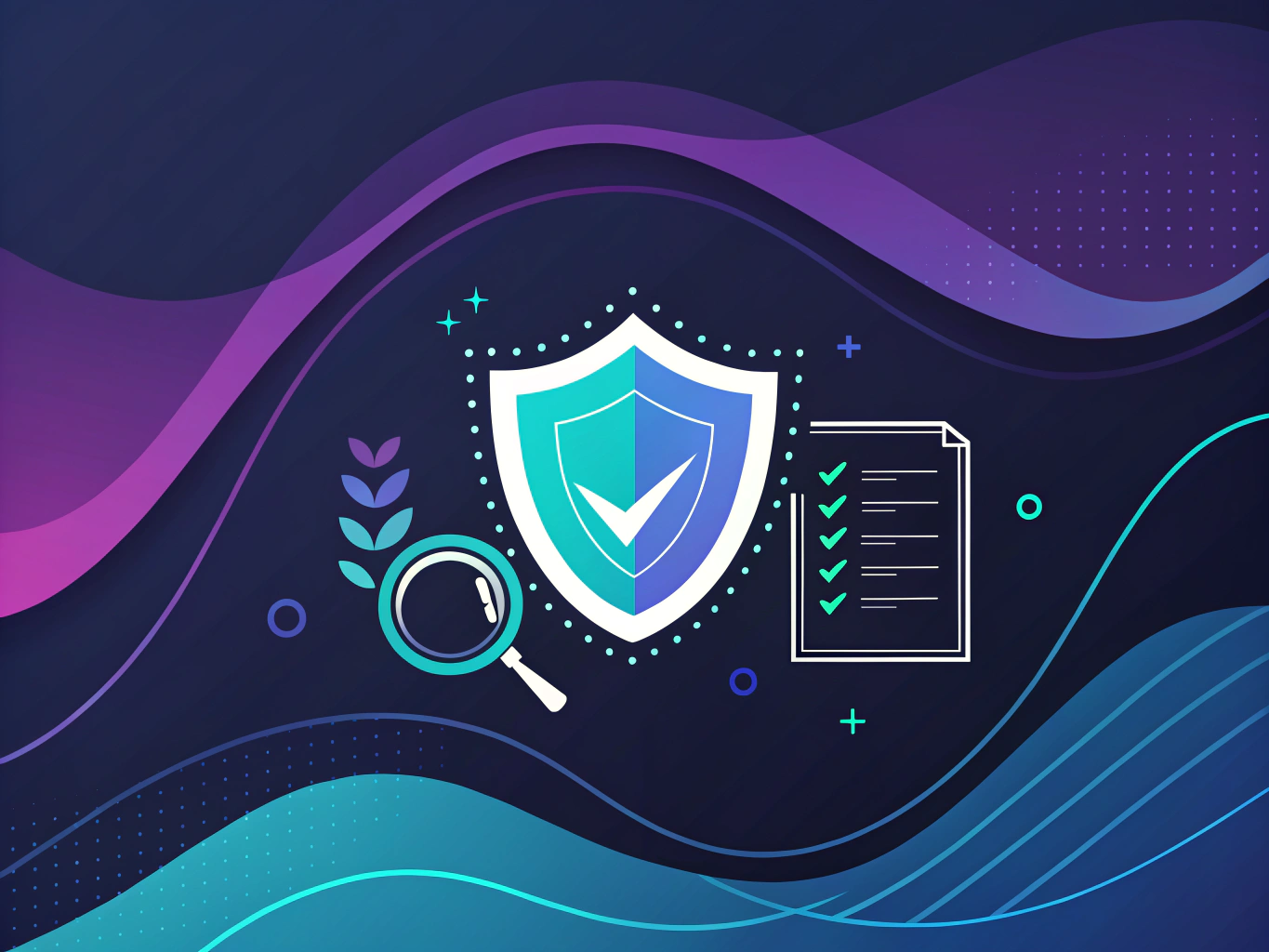
Let’s get tactical. If you’re serious about sourcing safely on Alibaba, you need a systematic approach. Think of it as your sourcing security checklist.
Due Diligence Process
First, let’s talk about background checks. You wouldn’t hire an employee without checking their references, right? The same applies to suppliers. But here’s where most people go wrong – they only look at the surface-level metrics.
Here’s my proven supplier verification process:
1. Initial profile review (verification status, years in business, response metrics)
2. Document verification (business license, export licenses, certifications)
3. Communication test (response time, English proficiency, technical knowledge)
4. Sample order process (quality assessment, communication during production)
5. Reference check (contact other buyers if possible)
Payment Security
When it comes to payment methods on Alibaba, not all options are created equal. Here’s my hierarchy of payment safety, from most to least secure:
1. Trade Assurance with credit card
2. Secure Payment via Alibaba platform
3. Letter of Credit (for large orders)
4. PayPal (if available)
5. Wire transfer (only with established suppliers)
Never, and I mean never, agree to Western Union or cryptocurrency payments. I don’t care how good the deal seems – it’s not worth the risk. Think of it like this: would you send cash in an envelope to a business you’ve never met? That’s essentially what you’re doing with these payment methods.
Industry-Specific Safety Considerations
Look, I’ve seen enough ecommerce horror stories to fill a Stephen King novel. The truth about sourcing on Alibaba isn’t black and white – it’s more like fifty shades of “it depends.” Let’s dive into the nitty-gritty of what you really need to watch out for.
Product Categories and Associated Risks
Here’s something most “experts” won’t tell you: not all products are created equal when it comes to risk. Sure, ordering custom phone cases might give you a headache if things go wrong, but importing medical devices? That’s a whole different ballgame that could land you in hot water with the FDA faster than you can say “cease and desist.”
High-risk categories that should make you pause and triple-check everything include:
- Electronics (especially anything with batteries)
- Food and supplements
- Children’s products
- Medical devices and supplies
- Beauty products
Compliance and Certification
I can’t stress this enough – compliance isn’t just some boring checkbox exercise. It’s your get-out-of-jail-free card when things hit the fan. And trust me, in ecommerce, things have a funny way of hitting the fan when you least expect it.
For instance, if you’re dropshipping from alibaba to US customers, you need to be aware of:
- FDA regulations for certain product categories
- CPSC requirements for consumer goods
- FCC certification for electronics
- State-specific regulations (California’s Prop 65 is a notorious headache)
Advanced Safety Strategies
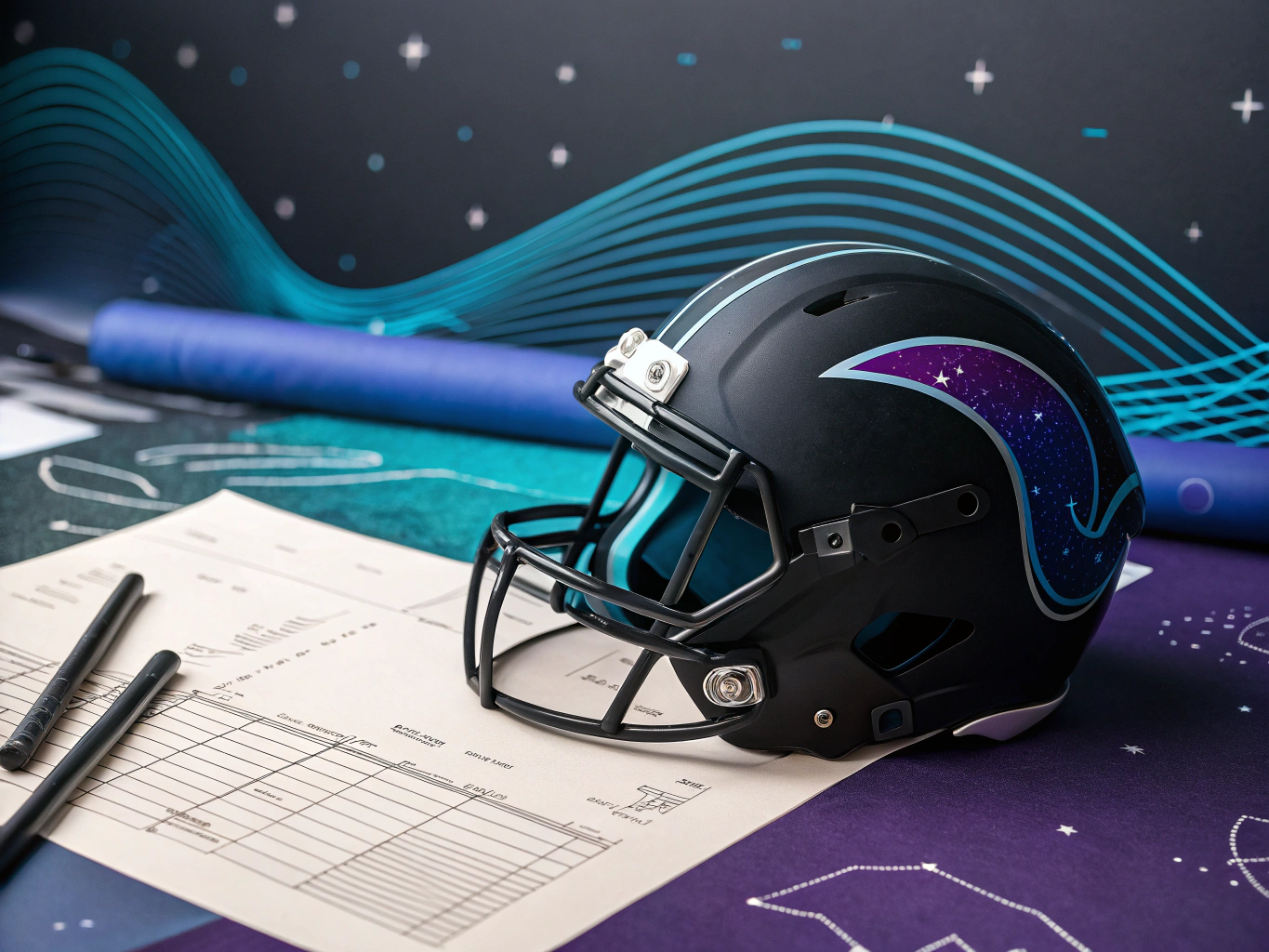
Think of safety strategies like a chess game – except the board is global, and the pieces are your money, reputation, and sanity. Is alibaba safe? Well, that depends entirely on how you play the game.
Contract and Legal Protection
Here’s a reality check: that supplier agreement written in broken English probably won’t hold up in international court. And even if it did, good luck enforcing it across borders. This is why you need to be smarter about how you structure your deals.
Essential elements for every purchase agreement:
- Detailed product specifications (and I mean DETAILED)
- Quality standards and testing requirements
- Clear payment terms and conditions
- Dispute resolution procedures
- Force majeure clauses (because, you know, global pandemics happen)
Quality Assurance Methods
Remember that intern analogy I love using for AI? Well, think of quality control like having a really detail-oriented intern checking every single thing that could go wrong. Except in this case, you’re paying professionals to do it.
Here’s what a robust QA process looks like:
- Pre-production sample approval
- During-production inspections
- Pre-shipment quality control
- Lab testing for regulated products
Common Safety Concerns Addressed
Is alibaba legit? Is it safe to buy from alibaba? These questions pop up in my inbox more often than cryptocurrency spam. Let’s tackle them head-on.
Fraud Prevention
The good news? Most Alibaba suppliers aren’t out to scam you. The bad news? The ones who are have gotten pretty sophisticated. Here are the red flags that should make you run faster than a caffeinated cheetah:
- Prices that are way below market average (if it seems too good to be true…)
- Pressure to use payment methods outside Alibaba’s platform
- Reluctance to provide samples or detailed company information
- Poor communication or generic responses that don’t address your specific questions
Risk Mitigation Strategies
Think of risk mitigation like wearing a seatbelt while driving – it won’t prevent accidents, but it’ll sure make them less painful. When working with alibaba manufacturers, here’s your safety checklist:
- Start with small orders to test the waters
- Use Trade Assurance for all transactions
- Document EVERYTHING (yes, even those WeChat conversations)
- Have backup suppliers identified for critical products
Optimizing Your Alibaba Experience
After years of trial, error, and occasional facepalms, I’ve learned that success on Alibaba isn’t just about avoiding scams – it’s about building a system that works. Use our Amazon Listing Optimization Tool to enhance your product listings.
Best Practices for Safe Sourcing
Here’s what separates the pros from the “I’ll never source from China again” crowd:
- Develop clear product specifications (with pictures, measurements, and material requirements)
- Set realistic minimum order quantity expectations
- Build relationships with multiple suppliers
- Keep detailed records of all communications and transactions
Building Long-term Supplier Relationships
The secret sauce to making alibaba dropshipping work? It’s treating your suppliers like business partners, not vending machines. Here’s how:
- Regular video calls (yes, even with the time difference)
- Clear communication about your business goals and growth plans
- Consistent order volumes (or at least clear forecasting)
- Prompt payment and professional behavior
Future of Safety on Alibaba
The platform is evolving faster than my coffee addiction (and that’s saying something). Here’s what’s coming down the pike:
Emerging Security Features
Alibaba’s investing heavily in safety features that would make a cybersecurity expert smile:
- AI-powered fraud detection systems
- Blockchain-based transaction verification
- Enhanced supplier verification processes
- Improved dispute resolution mechanisms
Industry Trends and Developments
The future of international sourcing is looking more interesting than a sci-fi convention. We’re seeing:
- Virtual factory tours becoming standard
- Real-time production tracking systems
- Integration of IoT devices in quality control
- Enhanced cross-border payment solutions
Final Thoughts: Is Alibaba Safe in 2024?
Here’s the unvarnished truth: Alibaba is as safe as you make it. It’s like driving a car – the vehicle itself might be perfectly sound, but your safety depends on how you handle it and the precautions you take.
Is alibaba safe to order from? Yes, but with caveats. Is alibaba legit and safe? Absolutely, but you need to do your homework. The platform provides the tools and infrastructure for safe trading, but it’s up to you to use them wisely.
Remember: success on Alibaba isn’t about avoiding all risks – it’s about managing them intelligently. Start small, build relationships, document everything, and always, always trust your gut. After all, in the world of international trade, sometimes the best safety feature is between your ears.
And hey, if you’re feeling overwhelmed by all this, remember: every successful ecommerce entrepreneur started somewhere. The difference between success and failure often comes down to being methodical, patient, and willing to learn from mistakes – preferably other people’s mistakes, but your own will do in a pinch.
For more insights on the risks of using Alibaba, consider exploring expert articles that delve into the intricacies of international sourcing and how to navigate them safely.
👉👉 Create Photos, Videos & Optimized Content in minutes 👈👈
Related Articles:
- Insights, Tips, and Tools for Growth – ProductScope Blog
- Shopping Cart in E-commerce (Explained)
- Temu vs AliExpress: Quality, Shipping & Price Guide
Frequently Asked Questions
Is alibaba safe?
Alibaba is generally considered safe for purchasing goods, especially if you take certain precautions. The platform has implemented various safety measures such as Trade Assurance and secure payment methods to protect buyers. However, it’s important to research sellers thoroughly by checking their ratings and reviews to minimize the risk of encountering fraudulent activity.
Is alibaba safe to buy from?
Buying from Alibaba can be safe if you follow some key guidelines. Look for suppliers that have positive reviews, high ratings, and verification badges. Utilizing Alibaba’s Trade Assurance and secure payment methods can also provide added protection for your purchases.
Is alibaba safe to order from?
Ordering from Alibaba can be a secure experience if you take the time to vet suppliers carefully. Always check for verified sellers and read through buyer feedback to gauge reliability. Additionally, using Alibaba’s secure payment options helps safeguard your transactions.
Is alibaba legit and safe?
Alibaba is a legitimate platform that connects buyers with suppliers from around the world, and it offers various safety features to protect users. By choosing reputable sellers and using Alibaba’s secure payment and Trade Assurance options, you can minimize risks and ensure a safer purchasing experience.
Is it safe to buy from alibaba?
It is generally safe to buy from Alibaba if you take certain precautions, such as dealing with verified suppliers and using secure payment methods. Checking the supplier’s track record and reviews can further help in making informed decisions. Alibaba’s Trade Assurance also offers additional protection for your orders.
About the Author
Vijay Jacob is the founder and chief contributing writer for ProductScope AI focused on storytelling in AI and tech. You can follow him on X and LinkedIn, and ProductScope AI on X and on LinkedIn.
We’re also building a powerful AI Studio for Brands & Creators to sell smarter and faster with AI. With PS Studio you can generate AI Images, AI Videos, Chat and Automate repeat writing with AI Agents that can produce content in your voice and tone all in one place. If you sell on Amazon you can even optimize your Amazon Product Listings or get unique customer insights with PS Optimize.
🎁 Limited time Bonus: I put together an exclusive welcome gift called the “Formula,” which includes all of my free checklists (from SEO to Image Design to content creation at scale), including the top AI agents, and ways to scale your brand & content strategy today. Sign up free to get 200 PS Studio credits on us, and as a bonus, you will receive the “formula” via email as a thank you for your time.
